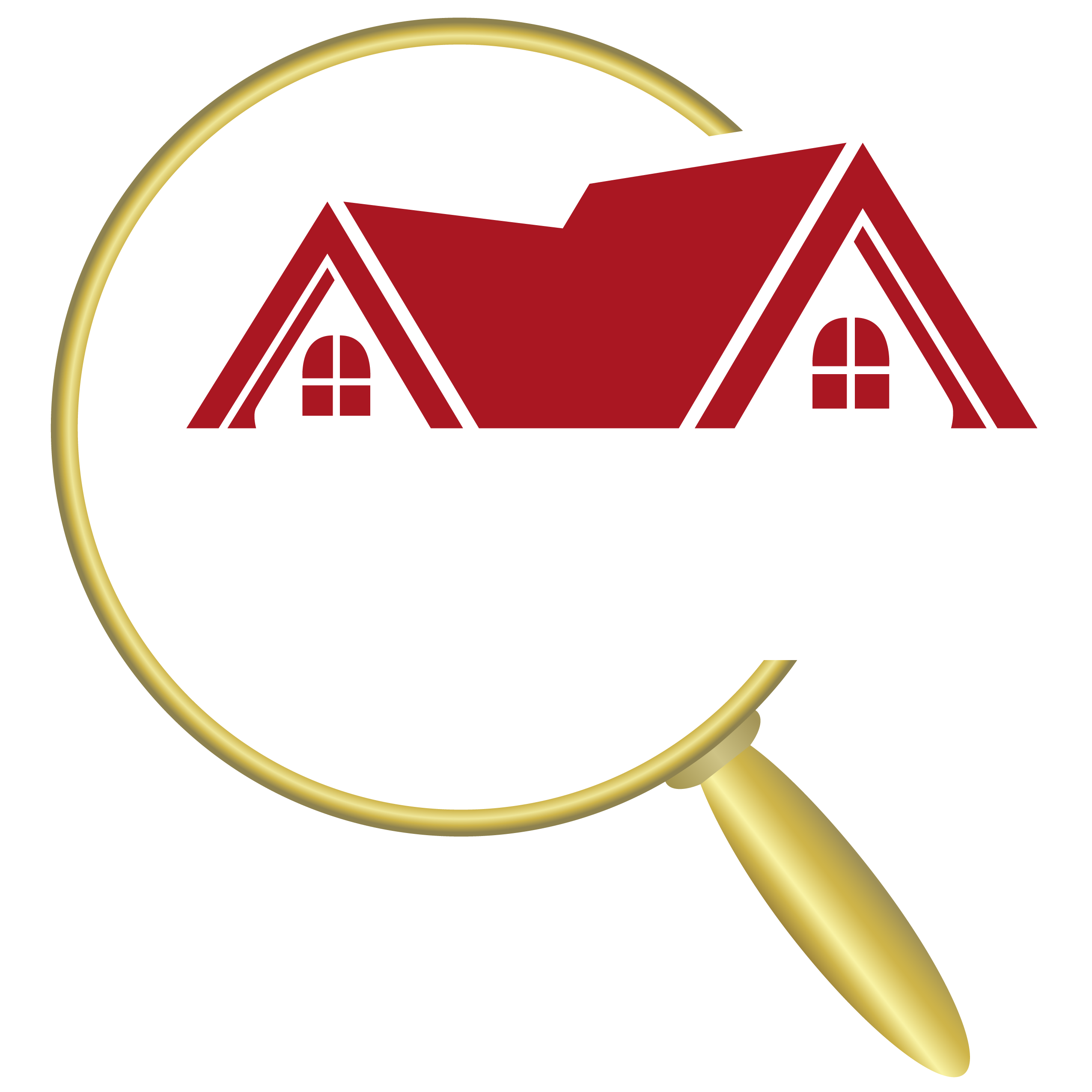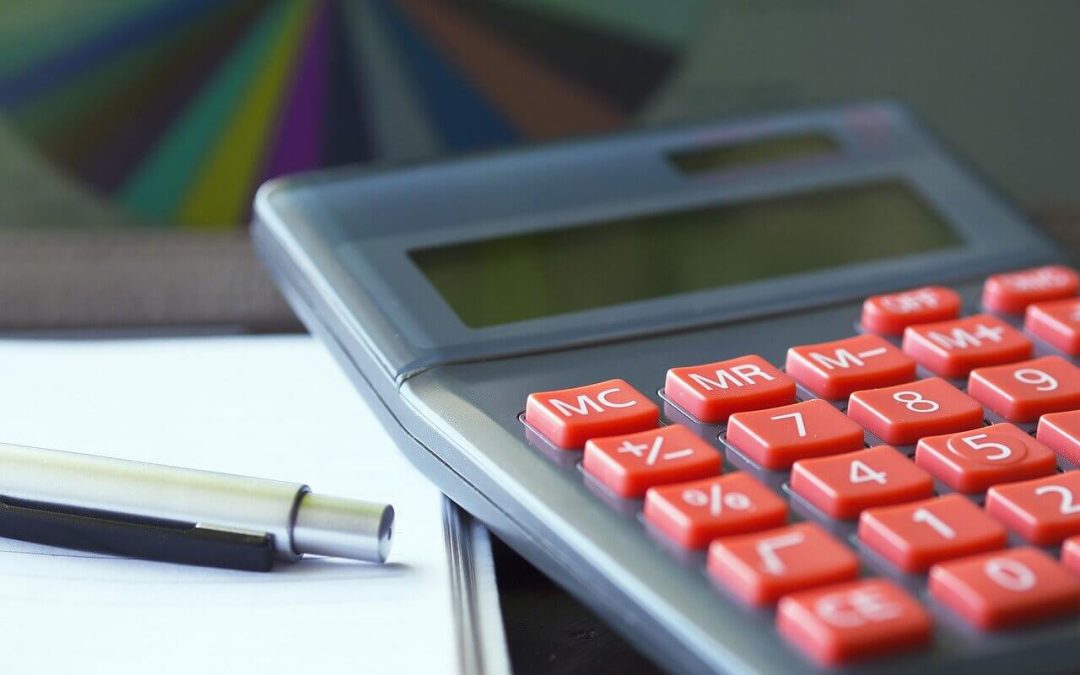Becoming a homeowner is a substantial financial commitment, not only due to the initial costs of purchasing a property but also because of the ongoing expenses. Often-overlooked expenditures may catch new homeowners by surprise. When preparing your budget, plan for these common expenses for a first-time homeowner.
First-Time Homeowner Expenses
Maintenance and Repairs
Maintenance should be a constant line item on your budget. Reports suggest that the average homeowner spends one to four percent of their home’s value on maintenance each year. Be prepared for the expected and unexpected by setting aside a fund for upkeep. You’ll need to budget for HVAC system servicing, roof inspections and repairs, plumbing checks, gutter cleaning, etc. Prioritizing maintenance prevents more costly repairs in the long term.
Expenses for a First-Time Homeowner: Property Taxes
Property taxes can fluctuate depending on local rates and the assessed value of your home. Research your area’s property tax rates and factor this into your annual budget. As your home’s value increases, so will your property taxes.
Homeowners Insurance and Possible Extras
While homeowners insurance is necessary, it’s important to understand what your policy covers and doesn’t. You might need additional coverage for natural disasters (flood, earthquake, hurricane), personal valuables, and umbrella liability insurance. Assess the risks in your area and adjust your insurance accordingly.
Utility Expenses for a First-Time Homeowner
The cost of utilities can shock first-time homeowners, especially if you’ve moved from a smaller apartment. You’ll need to plan for monthly expenses, including trash removal, electricity, gas, water, and sewer services. After you move in, monitor consumption patterns and explore energy-efficient solutions to manage costs.
Home Improvement
You’ll likely want to make changes to your new home. Whether it’s painting, updates to décor, or more significant renovations, set a realistic budget for home improvements. Do-it-yourself (DIY) projects save money but be realistic about your skills to avoid costly mistakes.
Lawn Care and Landscaping
The external appearance of your home matters, too. Boost curb appeal and increase your property value by scheduling regular lawn maintenance. When creating a budget, plan for mowing, landscaping services, plants, gardening supplies, and an irrigation system. If you do the work yourself, you’ll need to budget for equipment purchases and maintenance.
HOA Fees
If your property falls under a homeowners association (HOA), fees can be a significant monthly or yearly expense. Understand what these dues cover and whether they’re subject to increase.
Emergency Fund
Starting an emergency fund is a good idea, and homeownership elevates its significance. An unexpected leak or the sudden failure of an appliance can strain your finances. As a rule, save three to six months of living expenses.
Homeownership is rewarding, but it comes with hidden costs. Proper budgeting and preparation will mitigate the impact of these expenses. Take time to create a comprehensive budget considering all costs associated with your home. Starting this journey on the right foot will ensure you enjoy your property without being overwhelmed by unexpected bills.
FAQs
Are there any tax benefits or deductions available for first-time homeowners?
Yes, first-time homeowners may be eligible for certain tax deductions, such as mortgage interest payments, property taxes, and some home-related expenses. Consult with a tax professional to understand what tax benefits may apply.
How can I estimate the long-term costs of homeownership beyond the initial purchase price?
Estimating the costs of homeownership involves looking at ongoing expenses such as property taxes, insurance premiums, utility bills, maintenance and repair costs, and potential increases in these expenses over time. Budget for these expenses to ensure financial stability as a homeowner.
What are strategies for minimizing monthly utility costs as a homeowner?
First-time homeowners can reduce utility expenses with energy-efficient practices such as using programmable thermostats, sealing air leaks around doors and windows, upgrading to energy-efficient appliances, and installing low-flow fixtures. Regular maintenance of HVAC units and water heaters optimizes energy efficiency and reduces utility costs.
Are there any resources or tools available to help first-time homeowners budget for homeownership expenses?
Use online budget calculators, financial planning apps, and homeowner education programs offered by local housing agencies or nonprofit organizations. These resources provide guidance on creating a comprehensive budget and managing expenses effectively.
How can first-time homeowners anticipate the impact of fluctuating property taxes on their budget?
Research historical tax rates in their area to understand how changes in property value may affect tax assessments. Budget for increases in property taxes over time and consider setting aside funds in a contingency budget to account for fluctuations in tax payments.
First Impression Home Inspections offers inspection services to homebuyers and sellers in the Shenandoah Valley. Contact us to schedule an appointment.

